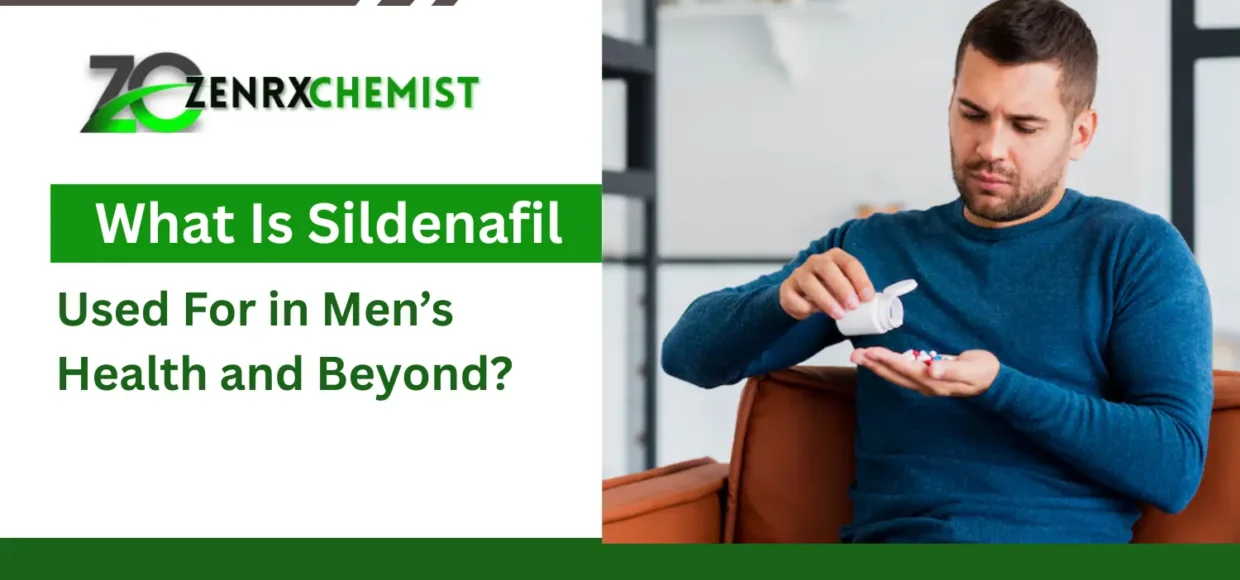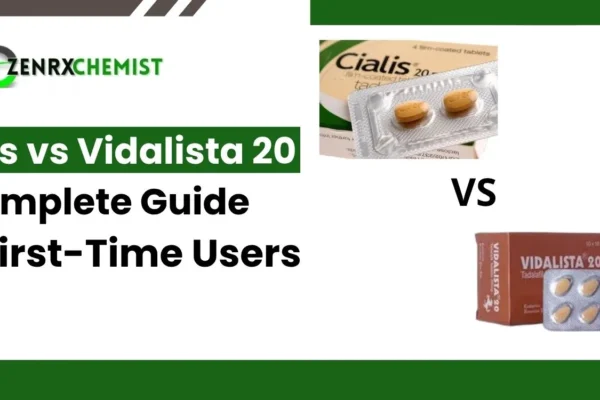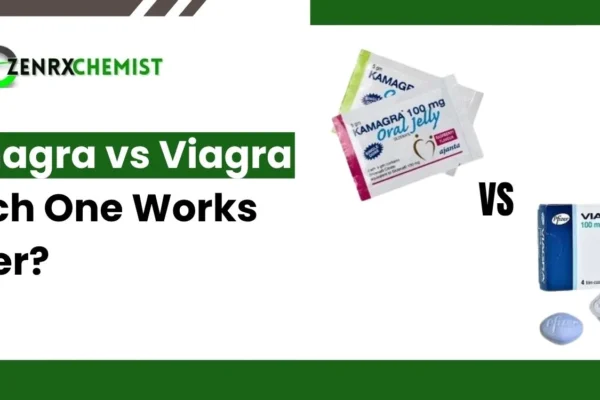Blog
What Is Sildenafil Used For in Men’s Health and Beyond?
What Is Sildenafil?
Sildenafil is a pharmaceutical drug classified as a phosphodiesterase type 5 (PDE5) inhibitor. Initially developed to manage cardiovascular issues like angina, it has gained prominence as a treatment for erectile dysfunction (ED) and pulmonary arterial hypertension (PAH). It works by enhancing blood flow to certain areas of the body, depending on the dosage and intended use.
Primary Use: Erectile Dysfunction (ED) Treatment
Sildenafil is most commonly prescribed to treat erectile dysfunction in men. ED is the inability to achieve or maintain an erection sufficient for sexual activity. By enhancing nitric oxide-mediated vasodilation in the penile tissue, it facilitates increased blood flow to the corpus cavernosum, enabling natural erection response when sexually aroused.
Pulmonary Arterial Hypertension (PAH) Treatment
Sildenafil is also FDA-approved for managing pulmonary arterial hypertension, a rare but serious condition characterised by elevated blood pressure in the arteries of the lungs. It helps relax the pulmonary vascular smooth muscle, lowering pressure and improving exercise capacity and oxygenation. The branded version for PAH is often dosed differently than ED formulations.
Off-Label and Experimental Uses of Sildenafil
Beyond its approved applications, it has been explored for off-label use, such as improving uterine blood flow during pregnancy complications, treating Raynaud’s phenomenon, and altitude sickness. In some trials, it has been considered for cardiovascular support in patients with heart failure with preserved ejection fraction (HFpEF) and even as a potential therapy for female sexual arousal disorders.
How Sildenafil Works
Medically, Sildenafil inhibits the enzyme PDE5, which degrades cyclic guanosine monophosphate (cGMP). Elevated cGMP levels allow for prolonged smooth muscle relaxation in targeted vascular tissues. In ED, this action increases penile blood flow, and in PAH, it reduces vascular resistance in the lungs. It does not act as an aphrodisiac or increase libido directly.
Who Should Not Use Sildenafil
Sildenafil should be avoided by individuals taking nitrate medications for chest pain, as the interaction can cause a dangerous drop in blood pressure. Patients with severe liver or kidney dysfunction, retinal disorders, or a history of stroke or cardiac events should only use it under strict medical supervision. It is contraindicated in people with hypersensitivity to its active compound.
Side Effects and Risks
Common side effects include headache, nasal congestion, flushing, dizziness, and indigestion. Visual disturbances such as blue-tinted vision (cyanopsia) and blurred vision may occur. Rare but serious complications include priapism (prolonged erections), sudden hearing loss, or cardiac events in predisposed individuals. Proper screening reduces the risk of adverse effects significantly.
Sildenafil vs. Other ED Medications
Compared to other PDE5 inhibitors like Tadalafil, Vardenafil, or Avanafil, Sildenafil has a faster onset (30–60 minutes) but a shorter half-life (~4 hours). Tadalafil, for instance, lasts up to 36 hours but may have more gastrointestinal side effects. The choice between medications depends on individual needs, duration of effect, tolerance, and coexisting conditions.
Consultation and Prescription Guidance
Sildenafil should always be used under the supervision of a qualified healthcare provider. The standard dose for ED is 50mg, taken about one hour before intercourse, with adjustments based on effectiveness and side effects. For PAH, lower daily doses are typically prescribed. Self-medicating or buying unregulated Sildenafil online carries significant health risks.
Conclusion
Sildenafil remains a cornerstone medication in both men’s sexual health and pulmonary medicine, thanks to its vascular effects and relatively safe profile when used responsibly. Understanding its mechanisms, indications, and contraindications helps patients make informed decisions and manage conditions like ED and PAH more confidently. However, medical consultation is essential before starting therapy.
FAQs About Sildenafil
Q1. Is Sildenafil only for erectile dysfunction?
No, it is also used for treating pulmonary arterial hypertension and in some experimental cases for other vascular conditions.
Q2. Can women take Sildenafil?
Though primarily studied in men, some trials have explored its use for female arousal disorders, but it’s not officially approved for this.
Q3. Can Sildenafil be taken daily?
Daily low-dose formulations exist, but continuous use must be medically justified and monitored for side effects.
Q4. Is it safe with alcohol?
Moderate alcohol may reduce effectiveness; heavy drinking increases hypotension risk when combined with Sildenafil.
Q5. Can I buy Sildenafil without a prescription?
Not recommended. Unregulated versions may be ineffective or dangerous due to improper dosing or contamination.







